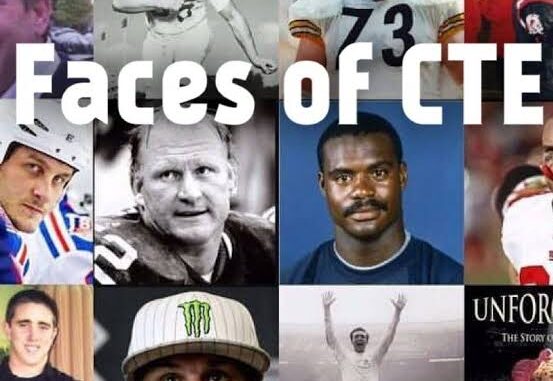
The Denver Broncos have a storied history, filled with iconic players who have shaped the franchise. Tragically, some of these players faced premature deaths that left an indelible mark on the team and its fans. Their stories reflect not only their athletic prowess but also the struggles they faced off the field, particularly in relation to suspensions and personal challenges.
One of the most prominent cases is that of Darrent Williams, a promising cornerback who was tragically murdered in a drive-by shooting on New Year’s Day in 2007. Williams, known for his speed and skill, had quickly established himself as a key player for the Broncos. His death shocked the NFL community, as he was just 24 years old and had a bright future ahead of him. Prior to his untimely passing, Williams had faced some disciplinary issues but was working hard to mature as a player and person. His loss not only left a void in the Broncos’ secondary but also served as a stark reminder of the violence that can impact young athletes.
Another player whose life ended far too soon was Damaris Thomas a standout wide receiver who played a crucial role in the Broncos’ Super Bowl 50 victory. Thomas was found dead in December 2021 at the age of 33. His passing was attributed to a medical condition, and it sent shockwaves throughout the football world. Before his death, Thomas had been open about his struggles with post-football life, including issues related to brain health and mental health. Though he did not face suspensions, his story underscores the need for greater support systems for players transitioning out of professional sports.
Ricky Williams though not a Bronco during his best years, had a brief stint with the team and is often remembered for his tumultuous career, including multiple suspensions due to drug violations. Williams was a gifted running back whose struggles with marijuana use became widely publicized. His battles with addiction and mental health were well-documented, illustrating the pressures athletes face. While he did not die young, his story resonates with the themes of struggle and redemption that many players encounter.
The deaths of these players have sparked discussions about the challenges that athletes face, particularly regarding mental health and substance abuse. The NFL has taken steps to address these issues, implementing programs aimed at providing support to players. However, the tragic outcomes of these athletes highlight the need for ongoing advocacy and reform in how the league handles player well-being.
In the aftermath of such losses, the Broncos organization and their fans have come together to honor the memories of these players. Williams and Thomas, in particular, are remembered for their contributions on the field and their potential to inspire future generations. Memorials, tributes, and moments of silence at games serve as reminders of their impact.
Moreover, the conversations surrounding these tragedies have opened the door for increased awareness about the mental health challenges that athletes face. Initiatives promoting mental health resources within the league are crucial, as they address the stigma that often prevents players from seeking help.
As the Broncos continue to build their legacy, the stories of these players serve as a poignant reminder of the fragility of life and the importance of support systems within professional sports. Their contributions to the game will not be forgotten, and their lives will continue to inspire discussions about the responsibilities of leagues to protect and nurture their players.
In conclusion, the premature deaths of Darrent Williams, Demaryius Thomas, and the struggles of players like Ricky Williams highlight the intersection of sports, mental health, and the personal battles many athletes face. The NFL and its franchises must continue to evolve, ensuring that players are not only supported during their careers but also in their lives after football. The legacy of these athletes is one of both tragedy and a call to action for greater compassion and understanding within the sport.
Leave a Reply